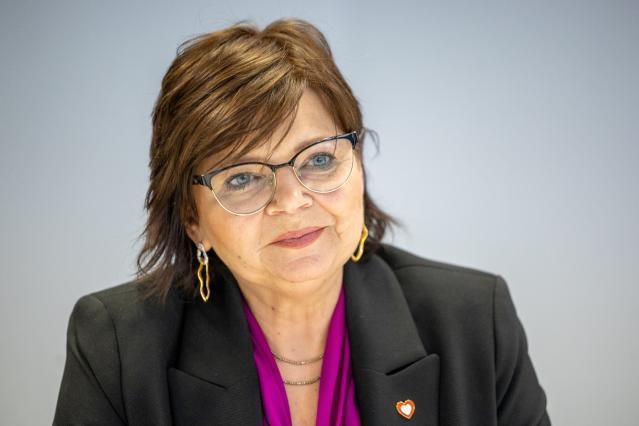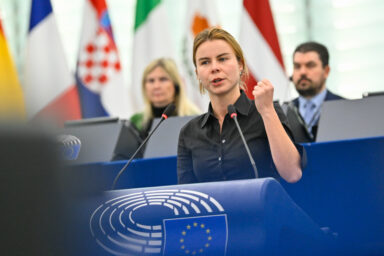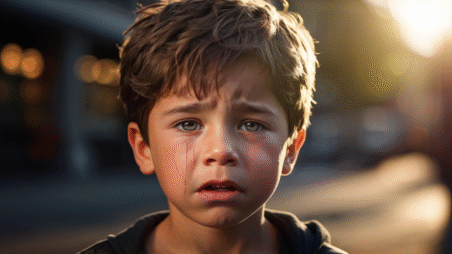European Council calls on EU countries and the Commission to protect better the mental health of children and adolescents. That includes the promotion of safe and healthy use of digital tools as well as creating a healthier, safer, and more age-appropriate digital environment.
On Friday, 20 June, the Council of the EU approved conclusions pushing for measures to ensure that children and adolescents can use digital tools in a safe and healthy way. These measures involve a broad array of actors including policymakers, the digital industry, media–and, of course, parents and other family members.
The Commission calls for digital products to promote safety and privacy, and to protect young users from manipulation or exposure to risks. Media and digital literacy campaigns should help children and adolescents to develop greater resilience and deal with threats such as cyberbullying and online disinformation.
Digital tools bring opportunities, threats
People generally understand that digital technologies have the potential to enhance the mental health of children and adolescents by providing access to information, support networks, or create social connection. A number of studies, however, have also shown that such technologies can also significantly harm mental health among children and adolescents.
In a world where the digital landscape is constantly shifting, protecting the mental health of our children is a duty. We must act to shield the youngest minds from harm and empower them to thrive online and beyond. – Izabela Leszczyna, Polish Minister for Health
The mental health of children and adolescents has received increased attention at EU level in recent years. In its 2023 communication, the Commission identified several features of the digital environment that posed a potential threat to young people’s mental health. These include inappropriate content, cyberbullying, excessive screentime, online gambling, and access to illicit drugs. Screen addiction may limit social interactions offline, leading to social isolation and loneliness.

The mental health of young people has been a key priority of the Polish presidency. It was discussed at the informal meeting of health ministers on 24-25 March 2025. It also featured at the high-level conference on the promotion of the mental health of children and adolescents in the context of digitalisation on 7-8 April 2025.
Social media off-limit for kids?
In a separate development, Greece subnitted a proposal for new EU rules that would significantly limit children’s use of social media. “Excessive screen time can limit the development of critical skills, alter cognitive capacities, weaken human relationships, and diminish the ability to collaborate effectively….” the proposal reads.
Centerpiece of this initiative is an age-verification test implemented through a tailor-made app. European Commission has already launched a “mini wallet” pilot to develop a device-based age verification solution, designed to support online platforms in securely verifying user age. Not without controversy, however. Some NGOs argue that the wallet lacks essential protections against online surveillance and that social media also offer young people benefits such as inclusion, or social connection.
You might be interested
Outside the EU, the Australian parliament has already enacted a rather strict legislation banning everyone under the age of 16 from using social media in November 2024. It will come into force no later than in December 2025.











